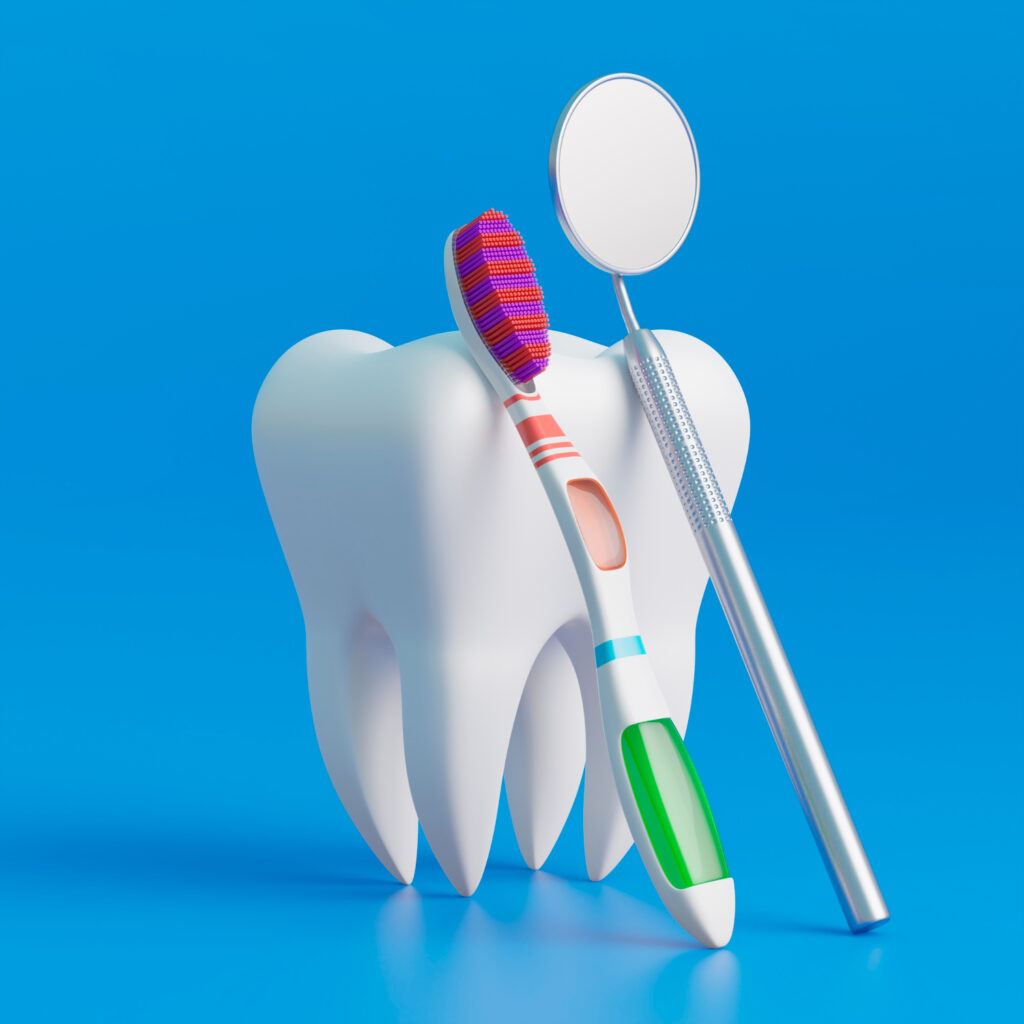Toothaches and ear pain are common ailments that many people experience separately at various times in their lives. However, a toothache causing ear pain is a lesser-known phenomenon that is often confusing and distressing. Understanding the connection between toothaches and ear pain requires an exploration of the anatomy of the face and head, the potential causes, symptoms, and effective treatments for these interconnected issues.
Anatomy of the Face and Head
The human head is a complex structure composed of various interconnected nerves and blood vessels. The teeth, jaw, ears, and sinuses share several neural pathways. The trigeminal nerve, one of the largest nerves in the head, plays a crucial role in this context. It branches into three main parts, affecting the eyes, upper jaw, and lower jaw. When a toothache occurs, the pain can sometimes travel along these branches, leading to pain in other areas, including the ear.
Causes of Toothache-Related Ear Pain
There are several reasons why a toothache might cause ear pain:
Referred Pain:
Referred pain is a type of pain perceived at a location other than the site of the painful stimulus. The nerves in the face and head are closely connected, and pain signals from a toothache can be misinterpreted by the brain as coming from the ear.
Temporomandibular Joint Disorders (TMJ):
The temporomandibular joint connects the jaw to the skull, located just in front of the ear. Issues with this joint, often stemming from teeth grinding or misalignment, can cause pain that radiates to the ear.
Sinus Infections:
Sinus infections can cause toothaches, particularly in the upper teeth, due to pressure buildup in the sinuses. This pressure can also affect the ears, causing pain.
Dental Infections:
Infections in the teeth or gums can spread to adjacent areas, including the ear. For example, an abscessed tooth can lead to swelling and infection that affects the ear canal.
Symptoms to Watch For
When a toothache and ear pain are connected, the symptoms can vary widely depending on the underlying cause. Common symptoms include:
- Persistent or throbbing pain in the tooth and ear
- Sensitivity to hot or cold temperatures in the affected tooth
- Swelling or redness around the jaw or gums
- Difficulty chewing or opening the mouth
- Ear fullness or pressure
- Headache or facial pain
It’s important to note that if the ear pain is accompanied by symptoms such as fever, hearing loss, or discharge from the ear, it may indicate an ear infection or other serious condition, and prompt medical attention should be sought.
Diagnosing the Connection
Diagnosing whether a toothache is causing ear pain involves a thorough examination by a healthcare professional. A dentist or doctor will typically:
Conduct a Medical History Review:
The healthcare provider will ask about the patient’s symptoms, duration of pain, and any recent dental or ear issues.
Perform a Physical Examination:
A dentist will examine the teeth and gums for signs of decay, infection, or other issues. They may also check for TMJ disorders.
Utilize Diagnostic Imaging:
X-rays of the teeth and jaw can help identify abscesses, cavities, or other dental problems. In some cases, imaging of the sinuses may be necessary.
Refer to an ENT Specialist:
If the cause of the ear pain is not immediately clear, a referral to an ear, nose, and throat (ENT) specialist may be needed to rule out primary ear conditions.
Treatment Options
The treatment for toothache-related ear pain depends on the underlying cause. Here are common approaches:
Dental Treatments:
Cavities and Tooth Decay: Fillings, root canals, or extractions may be necessary to address the underlying dental issues causing the pain.
Gum Disease: Deep cleaning procedures or periodontal treatments can help resolve infections and reduce pain.
Management of TMJ Disorders:
TMJ pain can be managed with a combination of dental treatments (such as bite guards to prevent teeth grinding), physical therapy, medications, and lifestyle changes to reduce stress on the joint.
Addressing Sinus Infections:
Treatment may involve decongestants, antibiotics (if bacterial), nasal sprays, and steam inhalation to relieve sinus pressure.
Pain Management:
Over-the-counter pain relievers such as ibuprofen or acetaminophen can help manage pain while the underlying issue is being treated.
In cases of severe pain, stronger prescription pain medications may be necessary.
Prevention Strategies
Preventing toothache-related ear pain involves maintaining good oral hygiene and addressing dental issues promptly. Here are some tips:
Regular Dental Check-ups:
Routine dental visits help catch and treat problems early before they escalate into more serious issues.
Good Oral Hygiene:
Brushing twice a day, flossing daily, and using mouthwash can prevent cavities and gum disease.
Protecting the TMJ:
Avoid habits that strain the jaw, such as clenching or grinding teeth. Use a mouthguard if necessary.
Managing Sinus Health:
Treat sinus infections promptly and manage allergies to prevent sinus pressure from affecting the teeth and ears.
Conclusion
While it might seem surprising, toothaches can indeed cause ear pain due to the intricate network of nerves in the head and face. Understanding this connection can help individuals seek appropriate treatment and relief. If you experience concurrent tooth and ear pain, it’s essential to consult with healthcare professionals who can diagnose the root cause and recommend effective treatments. By addressing dental issues promptly and maintaining good oral health, you can reduce the risk of experiencing this type of referred pain.








